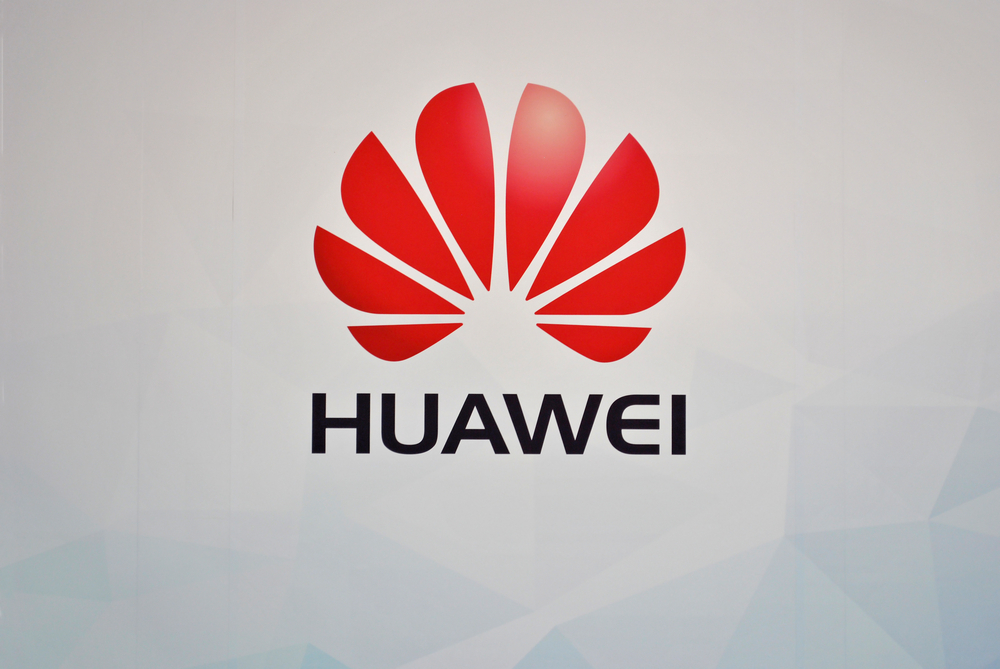Huawei has finally debuted its operating system Harmony OS, or Hongmeng OS in Chinese, at the Huawei Developer Conference in Dongguan today, claiming that the new OS would be gradually introduced to a range of smart devices such as wearables, TVs and speakers.
The Shenzhen-based company said the new Harmony OS is a microkernel-based distributed OS for all platforms, open-sourced and able to support existing Android app. The company also announced that its new OS will have Trusted Execution Environment (TEE) across devices to ensure data protection.
Richard Yu, boss of Huawei’s consumer business group, said the Harmony OS could be first used in its “smart screen products” and will be later available on wearables and laptops by 2020.
Yu said the company changed the English name of Hongmeng into Harmony because the Chinese name was difficult to pronounce for their foreign customers. “We want to bring more harmony to the world,” he said.
Huawei’s new operating system would not be used on the company’s smartphones at the moment, despite being initially proclaimed as a secret weapon to mitigate the impacts of losing access to Google’s Android system. Google briefly suspended Huawei’s access after the US government blacklisted the Shenzhen-based company.
Even so, Huawei could introduce the system to its smartphones “at any time” should they need to, Yu said. The current decision to leave smartphones out from the scope of the Harmony OS is because of the re-established cooperation with Google and the backbone of Android’s ecosystem, according to Yu.
Earlier this month, Chinese media theGlobal Times reported that Huawei would launch a smartphone based on Harmony OS later this year, targeted to low and medium-end markets and priced at around 2,000 yuan (USD 288).
Huawei registered the trademark for its operating system in the aftermath of the US ban in May.
